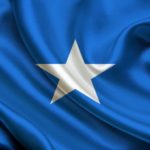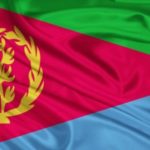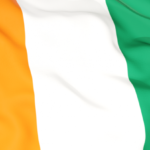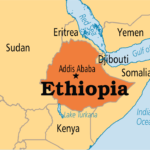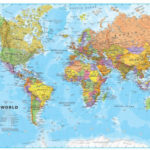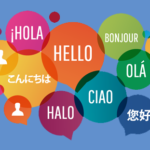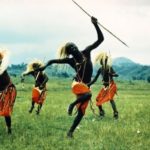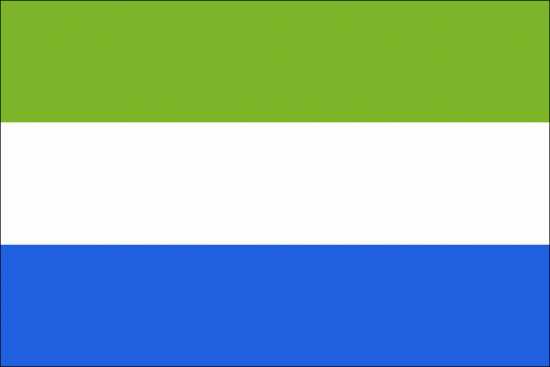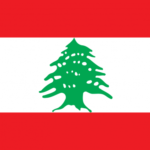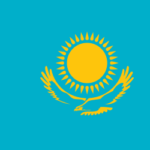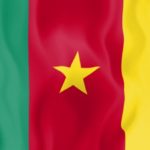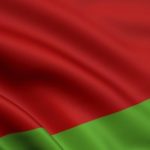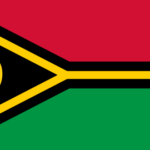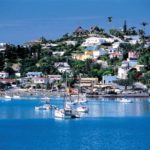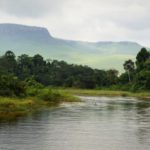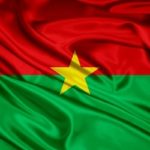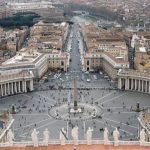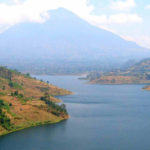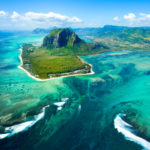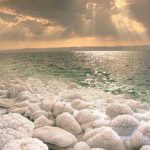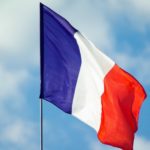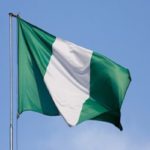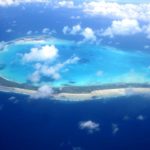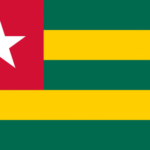Interesting facts about Djibouti
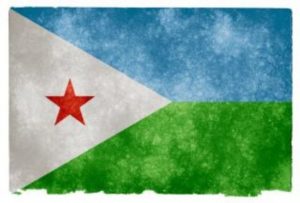 Djibouti is a small country in East Africa, located next to troubled Somalia and having access to the sea. This state, once a French colony, plays the role of the main commercial port for the bordering Ethiopia, which has no access to the sea.
Djibouti is a small country in East Africa, located next to troubled Somalia and having access to the sea. This state, once a French colony, plays the role of the main commercial port for the bordering Ethiopia, which has no access to the sea.
Djibouti is a country that has been subjected to Arab influence for a long time. About ninety-five percent of the population professes Islam.
In the middle of the twentieth century, Djibouti bore the name of French Somalia.
There are two state languages in the country, it’s Arabic and French. Also here is the language of Somalia.
Four-fifths of all the products produced in Djibouti are for sale in Somalia.
In Djibouti, there are more than two dozen different political parties, which, perhaps, is one of the reasons for not the most stable political situation in the country.
Djibouti is one of the most arid countries in the world, with an average annual rainfall of about 85 mm.
The main type of terrain in Djibouti is deserts and semi-deserts, because of which the landscapes of this country are sometimes compared to the lifeless panoramas of Mars.
The only useful mineral in the bowels of this country is limestone.
On stony, fertile areas of Djibouti almost nothing grows, rare vegetation is concentrated mainly in the highlands and around oases.
Many Djiboutians living in remote villages have heard of white people only in legends, and not everyone in them believes at all. Tourists of European appearance appear there is dangerous, because local people can easily take them for evil spirits.
The national currency of the country is the Djibouti franc.
The country’s cuisine consists mainly of an exotic mixture of French and Ethiopian cooking.
The population density in Djibouti is only 18 people per square kilometer.
Read and write is able about half of the adult population of the country.
